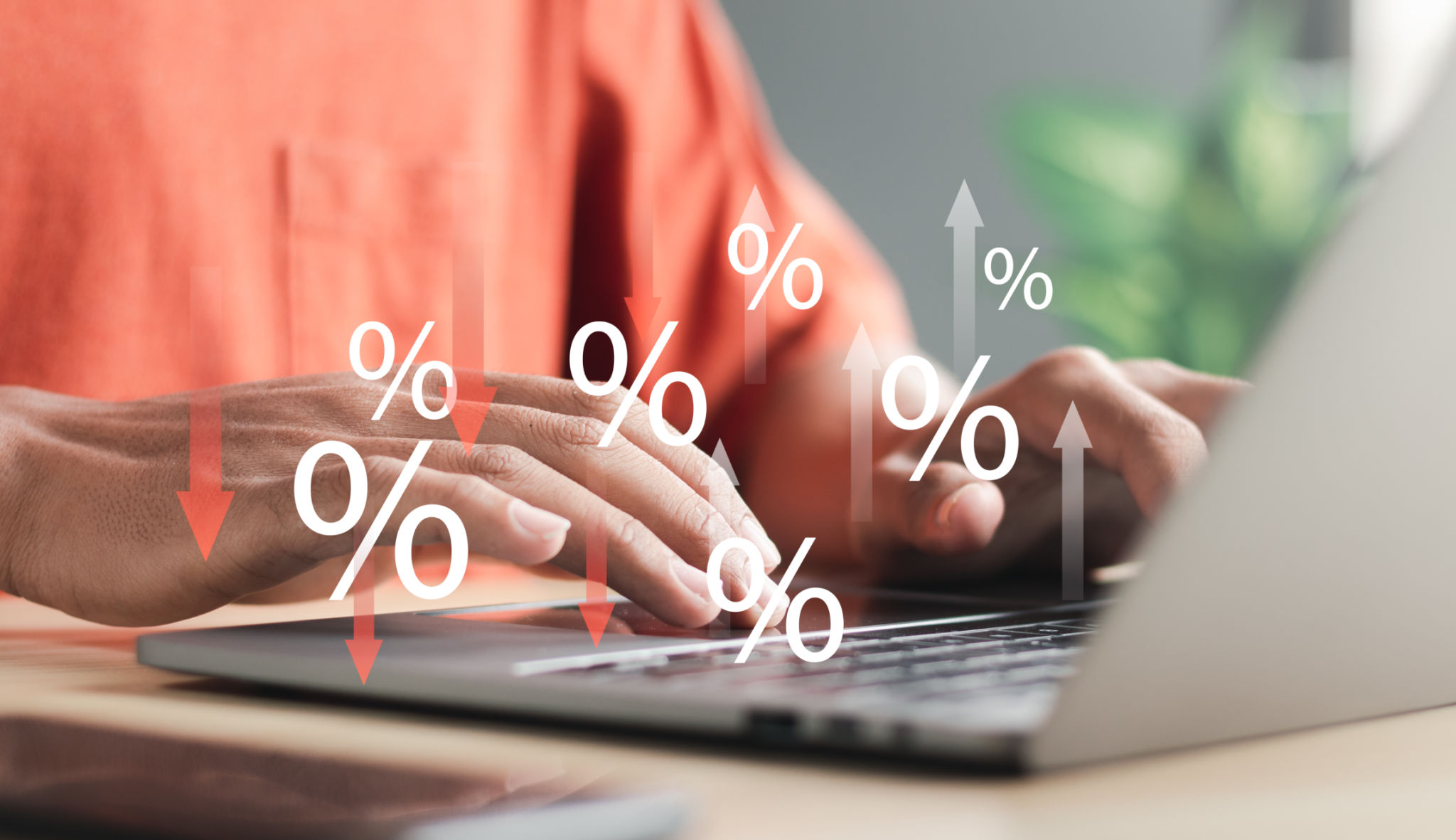Dynamic Pricing Strategies for the Hospitality Industry: Leveraging AI for Profitability
Understanding Dynamic Pricing in Hospitality
Dynamic pricing, also known as demand pricing or time-based pricing, is a strategy where prices are adjusted in real-time based on market demand, competition, and other external factors. In the hospitality industry, this approach allows hotels, resorts, and other accommodation providers to optimize their pricing structures to maximize revenue and occupancy rates.
The basic idea is to sell the right room to the right customer at the right time for the right price. This strategy helps hospitality businesses remain competitive in a rapidly changing market environment, where customer behavior can be unpredictable.

The Role of AI in Dynamic Pricing
Artificial Intelligence (AI) has revolutionized dynamic pricing strategies in the hospitality industry. By leveraging AI, businesses can analyze vast amounts of data to predict demand accurately and adjust prices accordingly. AI algorithms can consider numerous variables such as historical booking data, seasonal trends, local events, and even weather forecasts to make real-time pricing decisions.
AI-powered dynamic pricing tools can automate the entire process, reducing the need for manual intervention and thereby minimizing human error. This leads to more precise pricing adjustments that can significantly boost profitability for hospitality businesses.
Benefits of AI-Driven Dynamic Pricing
The integration of AI in dynamic pricing offers several advantages:
- Increased Revenue: By optimizing prices based on demand forecasts, AI helps maximize revenue and minimize vacancies.
- Enhanced Customer Experience: Tailored pricing ensures customers receive competitive offers, improving satisfaction and loyalty.
- Operational Efficiency: Automating pricing reduces the workload on staff, allowing them to focus on improving guest experiences.

Implementing AI-Based Dynamic Pricing Strategies
To successfully implement AI-driven dynamic pricing strategies, hospitality businesses must first invest in the right technology. This involves choosing a robust AI platform that can seamlessly integrate with existing property management systems (PMS) and revenue management systems (RMS).
Data collection is a critical component. Businesses must ensure they are gathering comprehensive data sets that include customer booking patterns, market trends, and competitive pricing. This data serves as the foundation for AI algorithms to generate accurate pricing models.
Challenges and Considerations
While AI-driven dynamic pricing offers significant benefits, there are challenges to consider. One major concern is ensuring data privacy and security, as handling large volumes of sensitive customer information requires stringent measures.
Additionally, businesses must be cautious about maintaining transparency with customers. Sudden price changes without clear explanations can lead to dissatisfaction and loss of trust. Therefore, communication plays a vital role in managing customer expectations.

The Future of Dynamic Pricing in Hospitality
The future of dynamic pricing in the hospitality industry looks promising as AI technology continues to evolve. With advancements in machine learning and predictive analytics, AI systems will become even more adept at anticipating market trends and consumer behavior.
This evolution will likely lead to more personalized pricing strategies, offering guests tailored deals and enhancing their overall experience. Hospitality businesses that embrace these innovations will be better positioned to thrive in an increasingly competitive market.
In conclusion, leveraging AI for dynamic pricing is not just about optimizing revenue; it's about creating a sustainable business model that adapts to the ever-changing landscape of the hospitality industry.
